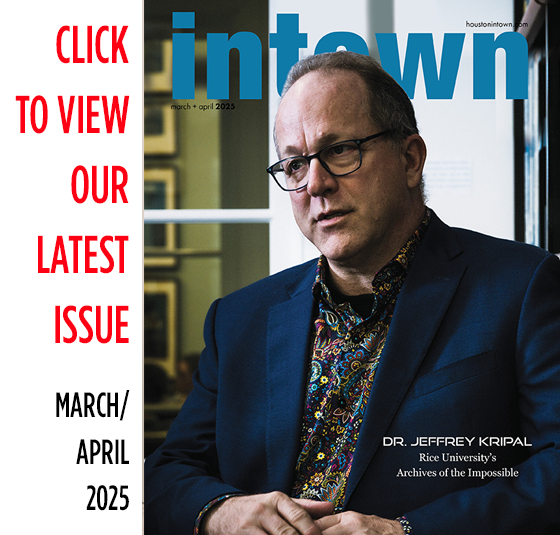
Charitable giving is woven into the fabric of American life—whether it’s dropping coins into the Salvation Army kettle during the holidays or bequeathing a major endowment to a college alma mater. Today, there is fresh attention on doing good with money, thanks to super-philanthropists, such as Microsoft co-founder Bill Gates and activist rock star Bono.
Of course, you don’t need to be an ultra-rich celebrity to put your money to work for your favorite causes and organizations. Philanthropy is for everyone, whether you have significant wealth or more modest assets.
For many donors, gifting financial assets directly is the most straightforward way to benefit a charitable organization or cause. Currently, you may make gifts of financial assets directly to a qualified charitable organization and receive a tax deduction for your generosity, within certain limits, if it’s properly documented.
Generous options for giving
But a direct gift is not the only—or always the most advantageous—way to be generous. Actually, several interesting options exist, but complex rules govern their creation and maintenance. You will need the help of your wealth, tax and legal advisors to determine which could be appropriate for you.
Among the most common options:
- A charitable remainder trust benefits a qualified charity for which the donor receives an immediate charitable deduction. The donor also retains the right to receive an income stream generated from the trust’s assets for a specified number of years or for life. At the donor’s death or the end of a set period, trust assets go to the designated charity.
- A charitable lead trust is used to make a “temporary gift” of annual income from trust assets to a qualified charity for a specified number of years. Ultimately, ownership of trust assets passes back to the donor’s heirs, with no federal gift and estate taxes on appreciation of the trust’s assets.
- A donor-advised fund enables an individual to make charitable donations to a professionally managed pool of assets and receive an immediate charitable income tax deduction. Assets are managed for growth and ultimately transferred to charities as grants from the fund.
- The gift of a life insurance policy can be a simple, cost-effective and tax-efficient way to make a substantial donation to a qualified charity. The donor gifts an existing policy or applies for a new policy, but does not retain any ownership in it.
- A private foundation is considered the most flexible and enduring of these options, and can be established and maintained for smaller amounts because of advanced technology and outsourced services.
Contact Evans at 713.388.1367 or evans.attwell@frostbank.com.
Evans Attwell is a registered representative of and investment products are offered through Frost Brokerage Services, Inc., Member FINRA and SIPC.
Investment management services, financial planning, and trust services are offered through Frost Wealth Advisors of Frost Bank. Investment products are not FDIC insured, are not bank guaranteed, and may lose value.
Frost does not provide legal and/or tax advice; please seek advice from qualified legal and tax professionals before making gifts to charitable organizations or causes.























